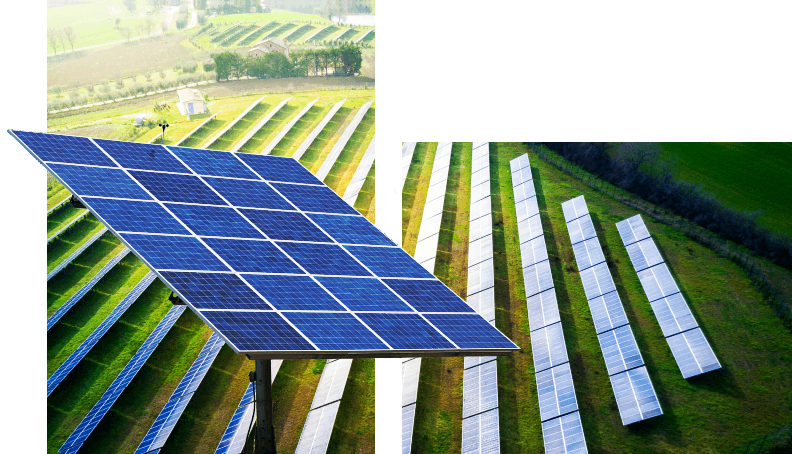The popularity of electric vehicles is growing in Canada and around the world. EV sales have been growing by more than 25% year over year and Tesla motor company’s value has become larger than that of GM and Ford car companies combined.
It is estimated that more than 120,000 EVs currently on our Canadian roads lead to the increase of the demand for convenient and accessible charging stations. Hotels and other businesses are starting to offer EV charging stations to increase their customer base. EV charging stations are popping up at malls and stopovers along major highways across the country.
If you’re thinking about installing an EV charger at your home or business, New Dawn Energy Solutions Team is here to help you. EV charging capacity you can install will depend on the EV and the electric service size at the property where you want to locate the charging station. With so many EV chargers and NEEMA plugs to choose from, we will help you choose the right one for your needs.
EV chargers are grouped into three levels – Level 1, Level 2 and Level 3 chargers.
Level 1 Charger:
Level 1 EV chargers are mainly rated at 120-volt 15A hence it can be plugged into any standard outlets.

• Popular in households
• Economical
• 8 – 20 hours to charge a fully discharged battery
• Portable
• Slowest speed of charging – charges 8 km per hour
These chargers are portable and don’t require special installation. The downside is slow charging, takes anywhere from 8 – 20 hours to fully charge an EV battery from a fully discharged state. If you don’t drive long-distance every day and can find plugs where you go and have time to plug-in, a Level 1 charger may be right for you.
Level 2:
They are much faster than Level 1 chargers as they are connected to a 240-volt outlet – just like a clothes dryer or an oven. As Level 2 charger requires new infrastructure in the garage, an electrician is needed to install safely and efficiently. If you regularly drive long distances and don’t have a lot of time to recharge, the Level 2 charger may be a necessity.

• 240-volt power
• 5 -10 hours to charge a fully discharged battery
• Installed by a certified electrician
• Popular in industrial, commercial, hospitality and residences • Charges 30 km per hour
Level 2 chargers are the most common and have become the standard for most drivers’ needs.
Level 3:
Level 3 EV chargers, or DC fast chargers, are found mostly at commercial, industrial, institutional properties and along major highways in Ontario.

• 480-volt power
• Charges 100 km per hour
• Used mostly in businesses and public areas
• Fastest charge – 20 mins to charge a fully discharged battery
Level 3 chargers aren’t as popular as Level 1 and 2 because of the voltage they operate, higher price tag and installation requirements. If you’re a business that caters to drop-in customers such as a rest stop, restaurant or retail store, having a Level 3 charging stations can put you a step ahead of the competition.
With more EVs on the road and battery life continue to improve the selection of chargers will increase too. The current range of an EV is about 500 km, but over the next few years, it is estimated the driving range to increase to 700-750 km per charge.
There are several EV charging manufacturers in the market space and each comes with their own features, benefits and price points.
When comparing the overall cost of an EV to a standard gas or diesel vehicle, there are many benefits and long-term savings. Because of their zero emissions and lower maintenance costs, EVs are going to be a part of the future of transportation.
If you want to learn more about EV chargers or aren’t sure which charger is right for you, contact New Dawn Energy Solutions today, one of our trained specialists can help find the right EV charging solution for you.







